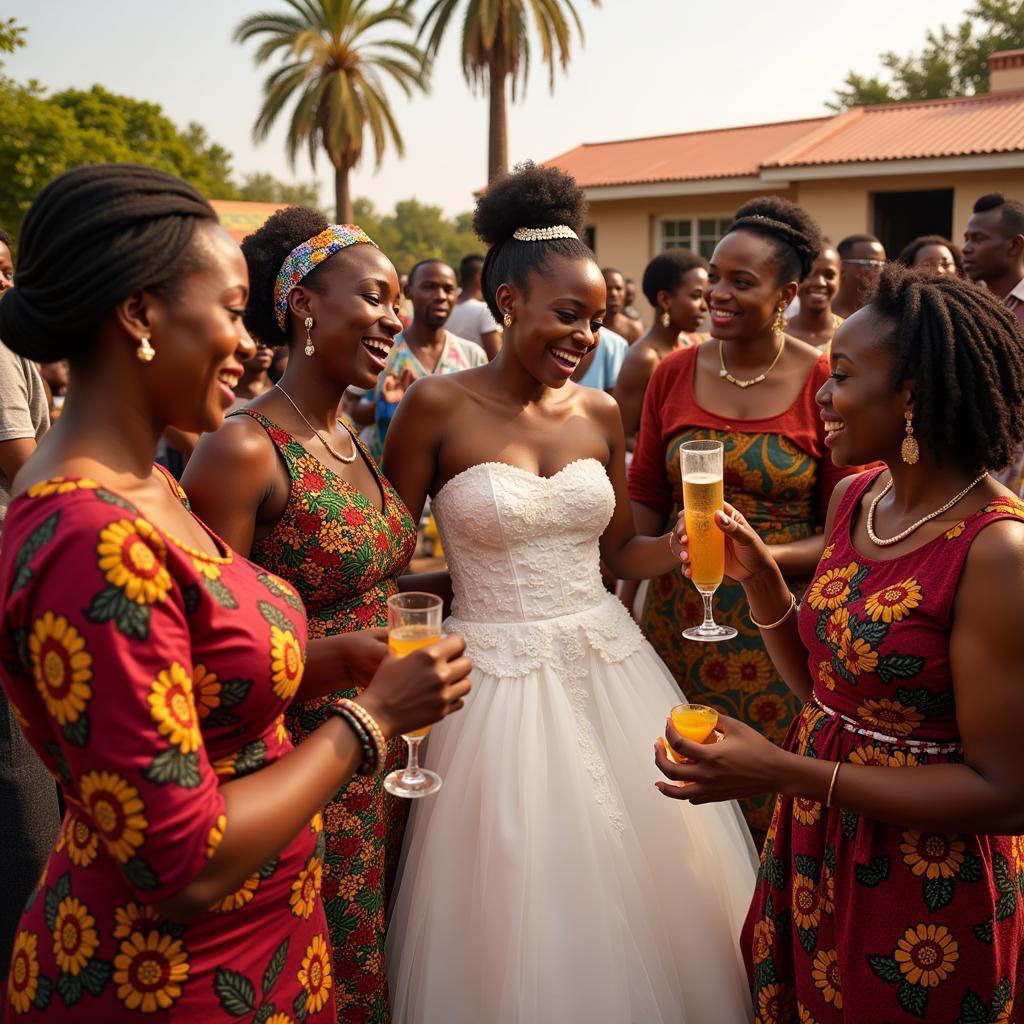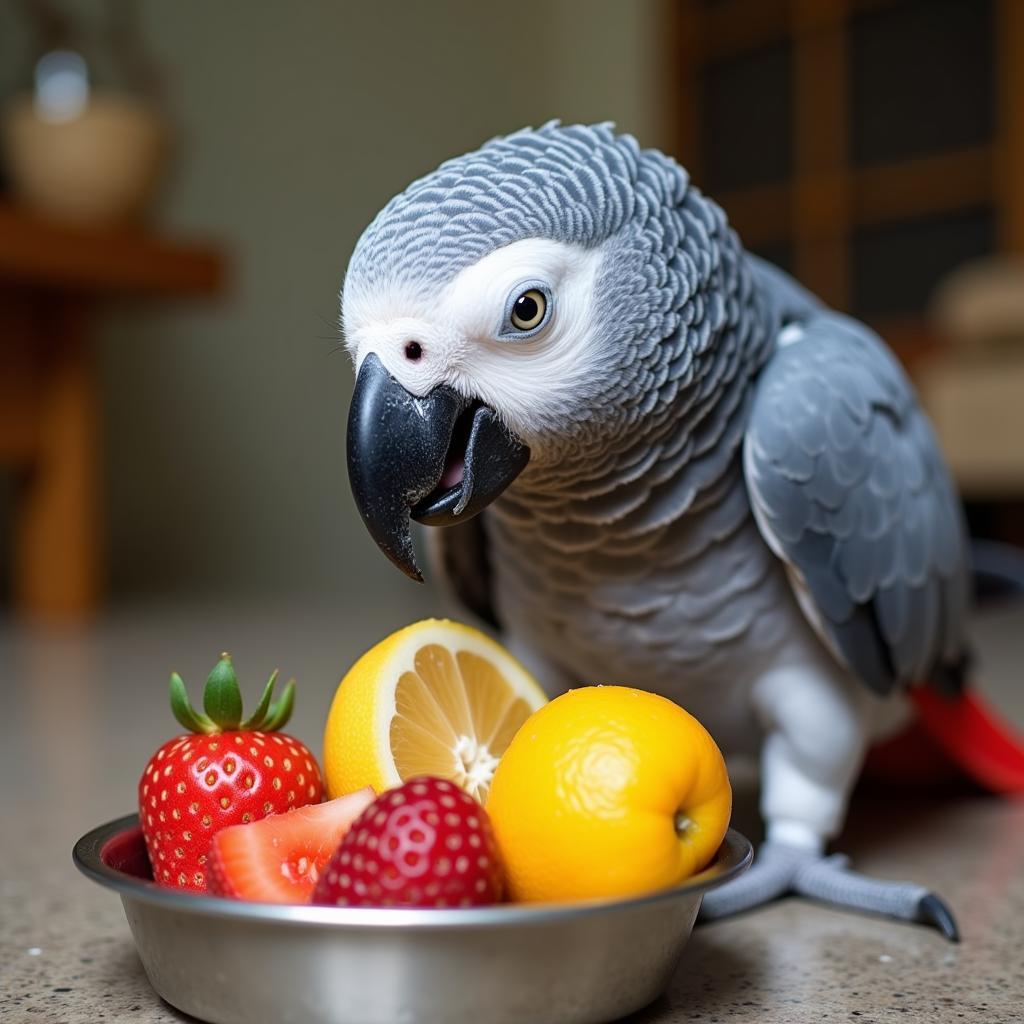Do African Americans Like Bananas? Unpeeling Cultural Stereotypes
The question of whether African Americans Like Bananas may seem harmless on the surface. However, it reveals a deeper issue concerning the persistence of stereotypes. This article delves into the origins of this stereotype, exploring its historical context and challenging its validity in contemporary society.
The Danger of Generalizations: Why the Question is Flawed
Attributing food preferences to an entire racial group is not only inaccurate but also perpetuates harmful stereotypes. Just like any diverse population, African Americans have a wide range of individual tastes and preferences. To assume that an entire group shares a single food preference ignores the individuality and cultural nuances within that community.
Tracing the Roots: Historical Context and Potential Origins
While pinpointing the exact origin of the stereotype is difficult, some theories suggest it emerged during the era of minstrelsy in the United States. Minstrel shows, popular in the 19th century, often depicted racist caricatures of Black people, including their supposed love for watermelons and bananas. These portrayals were not based on reality but rather on a desire to dehumanize and ridicule Black culture.
Challenging the Narrative: Individuality over Stereotypes
It is crucial to recognize that food preferences are shaped by a myriad of factors, including personal experiences, family traditions, and geographical location. To suggest that an entire racial group shares a singular culinary preference undermines the rich tapestry of cultural influences that shape individual tastes.
Beyond Bananas: Celebrating the Diversity of African American Cuisine
African American cuisine is incredibly diverse, drawing inspiration from West African, Caribbean, and Southern culinary traditions. From Gumbo to Jambalaya, from Hoppin’ John to Fried Chicken, the flavors and ingredients tell a story of resilience, adaptation, and cultural fusion.
Moving Forward: Embracing Cultural Sensitivity and Understanding
Instead of perpetuating harmful stereotypes, let’s approach cultural differences with curiosity and respect. Engaging in open conversations, learning about different cultures, and challenging our own biases are essential steps towards fostering a more inclusive and understanding society.
Conclusion: Breaking Down Stereotypes, One Conversation at a Time
The stereotype linking African Americans to bananas is not only inaccurate but also perpetuates harmful generalizations. By understanding the historical context and celebrating the diversity within the African American community, we can challenge these stereotypes and promote a more nuanced and respectful understanding of different cultures. Let’s move beyond simplistic assumptions and embrace the richness and complexity of human experience.

